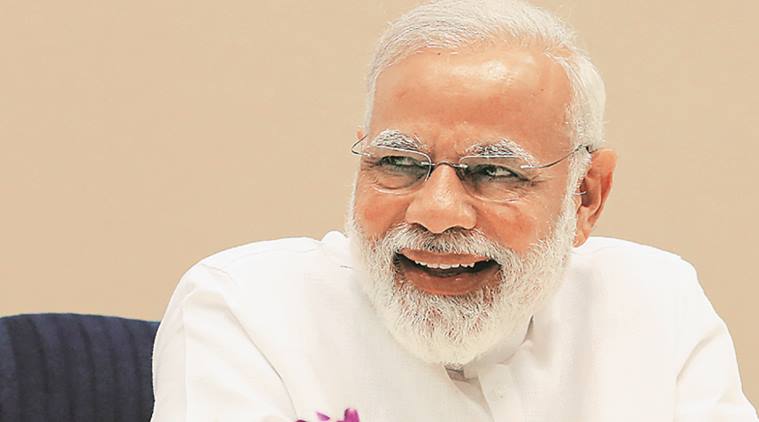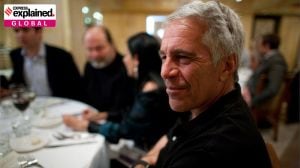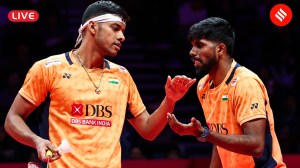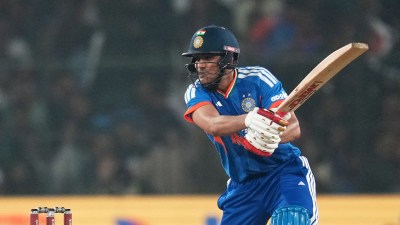Stay updated with the latest - Click here to follow us on Instagram
Mann ki Baat: PM Modi slams red beacon, says replace VIP with EPI – every person is important
On the red beacon decision the Prime Minister said the decision is aimed at removing the VIP culture from the mindset of people.
 Prime Minister Narendra Modi.
Prime Minister Narendra Modi.
A day before red beacons go off the streets, Prime Minister Narendra Modi on Sunday flagged people’s “disdain” for the “lal batti” culture and said the concept of VIP should be replaced by “EPI”, meaning “Every Person is Important”. In the 31st edition of his radio address Mann Ki Baat, the Prime Minister also urged youths of middle-class families to come out of their comfort zones this summer vacation and try to gather new experiences like travelling in a second-class compartment for 24 hours, playing with underprivileged children and imparting knowledge about digital technology to those who don’t have it.
On the red beacon decision, which he had suddenly announced during a Cabinet meeting on April 19, the Prime Minister said the decision is aimed at removing the VIP culture from the mindset of people. “Generally speaking, in our country there exists an atmosphere of disdain towards VIP culture. But that it runs so very deep, I just experienced, when the government recently decided that no person in India, whatsoever his status might be, will move with a red beacon atop his vehicle. In a way, it had become a symbol of the VIP culture,” he said.
Calling for fighting the VIP mindset, he said, “experience tells us that whereas the red beacon used to be fixed atop the vehicle, atop the car, slowly and steadily it permeated into the psyche and got firmly entrenched in the mindset. The red beacon now has gone for good but nobody can say with certainty that the same in the mindset has also disappeared.
He said the exit of the red beacon through a government decision is part of a system, but efforts needed to be made to remove if from our minds. Modi said the government’s concept of a New India is that in the place of VIP, more priority should be accorded to EPI, which he defined as “Every Person is Important”, and called for accepting the “Mahatva (importance) and Mahaatmya (sagacious aura) of everyone among the one-hundred-and-twenty-five crore countrymen.
Stating that his slogan of Sabka Saath, Sabka Vikas was not limited to the confines of India, but applies to the global context too, he spoke of the launch of the South Asian Satellite by India on May 5. The satellite will go a long way in addressing the region’s economic and development priorities, he said. In wake of the renewed focus on Maoist violence after the killing of CRPF personnel in Sukma, the Prime Minister recalled the remarks of Hindu ideologue and trade union leader Dattopant Thengdi. “He used to remark, on the one hand, inspired by Maoism, ‘Workers of the world unite’, on the other he would say, workers, come, unite the world.”
Modi also referred to the relevance of the teachings of Buddha in the present scenario of wars, conflicts, violence and arms race and announced that he would be celebrating Buddha’s birth anniversary in Sri Lanka this year.
The Prime Minister also expressed concern over the flipside of technologies creating distances, noting that in this era of competition, sometimes one feels “scared that our youth have become robot like, living life like a machine.”
Highlighting works done by his government in Gujarat to save sparrows, he linked the issue of offering water to birds with creating empathy in the mind of children.
The Prime Minister also talked about the contribution of saint Ramanujacharya in fighting social ills and that of Babasaheb Ambedkar in the welfare of the working class.







